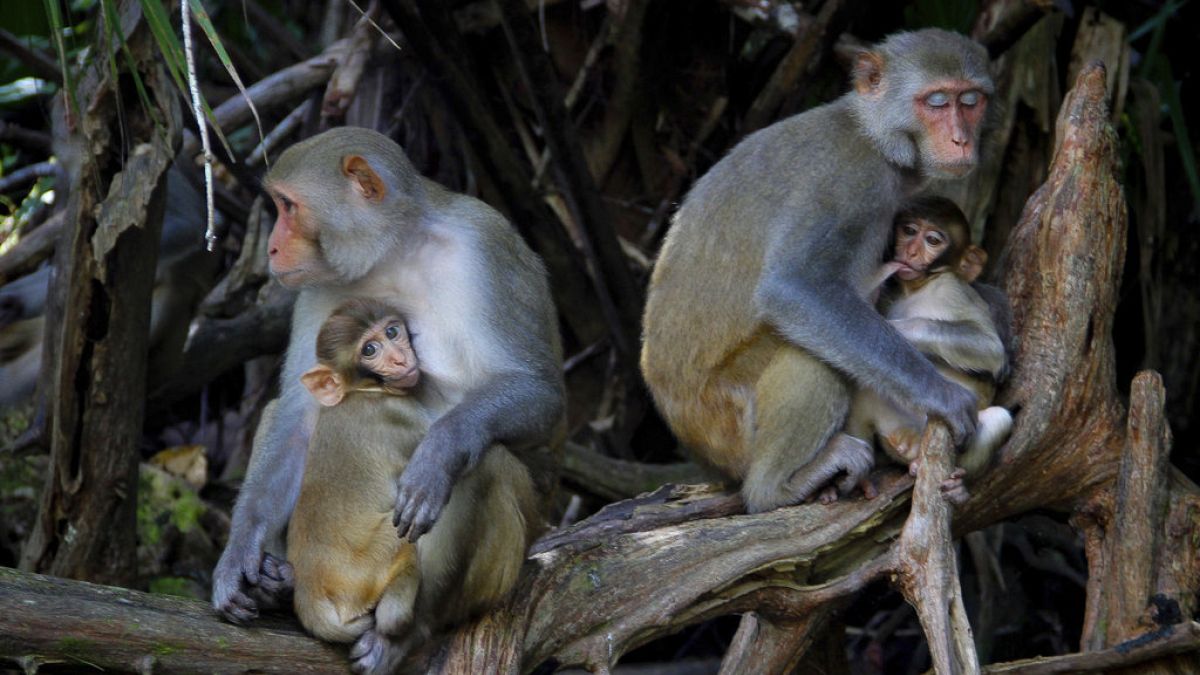Dozens of Rhesus Macaques Escape from Carolina Lab, Prompting Search and Capture Efforts

YEMASSEE, South Carolina - In an unusual turn of events, over 40 Rhesus macaque monkeys escaped from a medical research facility in Yemassee, South Carolina, last Saturday, triggering a significant response from local authorities and animal welfare groups.
The breakout occurred at the Alpha Genesis facility when an employee inadvertently left a door unsecured while attending to the animals. Of the 43 macaques bred for medical research, only one has been safely recovered so far, with many others still spotted near the facility, playfully jumping over the lab's fence.
Rhesus macaques are among the most extensively studied animals due to their close genetic, physiological, and behavioral similarities to humans. These monkeys have been pivotal in numerous scientific advancements, including the development of vaccines and understanding human diseases like AIDS, polio, and more recently, COVID-19.
Animal rights organizations have highlighted the ethical concerns regarding the use of these primates in research, noting the invasive nature of many experiments. However, the scientific community underscores the critical role these studies play in medical progress.
The escape has brought renewed attention to the species' role in scientific research. Historically, Rhesus macaques have been used since the late 19th century for studies ranging from embryology to space travel. Notably, in the 1950s, their kidneys were instrumental in the production of the Salk polio vaccine, and NASA utilized them during the space race, with monkeys like "Miss Sam" being sent into suborbital flights to test the effects of space travel on biological organisms.
The mapping of the Rhesus macaque genome in 2007 further highlighted their importance, revealing a 93% similarity with human DNA, despite diverging from our evolutionary path around 25 million years ago.
Local law enforcement and animal control units are currently engaged in efforts to recapture the escaped monkeys, with officials urging residents to report sightings but not to approach the animals due to potential risks.
This incident not only raises questions about lab security but also reignites the debate over the ethical use of animals in scientific research. As the search for the remaining macaques continues, the community watches closely, hoping for a resolution that ensures the safety of both the animals and the public.
